Leading change
It’s time to decolonise the human sciences
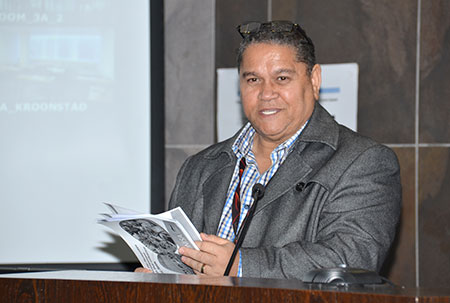
Prof Andrew Phillips (ED: College of Human Sciences is proud of the various ways that the Human Sciences/Humanities are being transformed at CHS.
“In order to transform the Human Sciences and Humanities one needs to understand the colonial project,” said Prof Andrew Phillips, Executive Dean of the College of Human Sciences (CHS). He was speaking at a Leading Change roundtable on 8 June 2017.
The theme of the roundtable was Transforming the Humanities to promote development and innovation that influence other academic fields.
Phillips believes that the university in Africa was and, in certain aspects, still is a partner in this colonial project and the dismemberment of Africa. “The human sciences, as an integral part of a university in Africa with the vision of the African university shaping futures in the service of humanity, must take co-responsibility for this dismemberment of Africa. Especially one that has been around for more than 140 years,” he said. Phillips added that in order to transform the human sciences/humanities we need to decolonise the human sciences. “Important in this transformation is the decolonialisation of the curriculum.”
A key question that often arises is what would be the result of the transformation of the curriculum of the human sciences/humanities? Phillips explained that the result will be a decolonial African curriculum. “A re-centreing of African epistemologies, philosophies and culture in the curriculum design, implementation and review process, and a focus on African ways of being.”
The seven principles of the CHS Curriculum Transformation Framework Phillips shared were: access and accessibility, archive, contextualization and relevance, assessment as student engagement, student success and throughput, excellence and quality assurance and monitoring and evaluation.
In terms of access and accessibility, specifically new curriculum and materials design, current student profiles will be analysed and honestly considered. Equally important, the student voice will be elicited in constructive and creative ways through engagement and dialogues.
Phillips is proud of the various ways that the Human Sciences/Humanities is being transformed at CHS. These include: Africa Speak Lectures, CHS Summer School in Decoloniality, African Decoloniality Network Research Group and the CHS Curriculum Transformation Framework, to name a few.
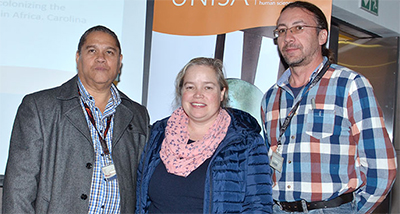
Pictured at the roundtable: Prof Andrew Phillips (ED: College of Human Sciences), Prof Linda Jewell (Department of Civil and Chemical Engineering) and Philip Bester (Department of Finance).
From a financial perspective, Philip Bester from the Department of Finance, shared his thoughts as one of the respondents. When is comes to assessment centres in the rest of the world, he questioned whether this was financially viable. “Can we afford to cross subsidise,” he asked? “This should form part of the broader discourse in the university in terms of our assessment practices. Do we need to have a global footprint in terms of exam venues just too be a global university,” Bester asked.
Bester urged the importance of self-funding initiatives. “If we do not really operationalize what we are doing, in the sense that we make it financially stable, we must remember that there’s no additional funding available at this institution, or even from the funding framework, to drive the Africanisation and decolonization agenda. It has to be self-funding from current operations,” he said.
*Compiled by Kirosha Naicker
Publish date: 2017-06-14 00:00:00.0


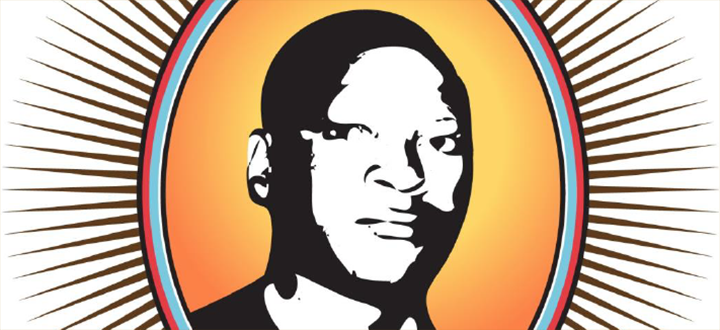 Unisa honours Dr OK Matsepe's enduring legacy
Unisa honours Dr OK Matsepe's enduring legacy
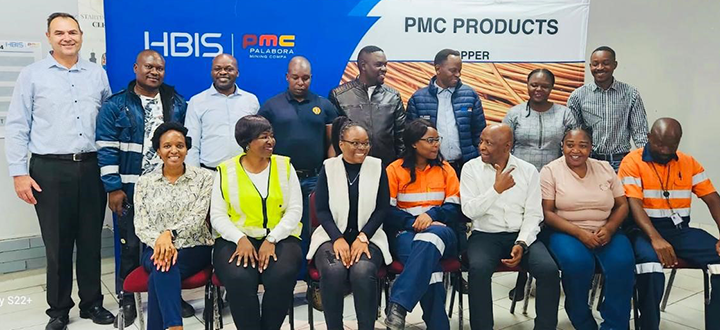 Great strides towards concretising Unisa-PMC partnership
Great strides towards concretising Unisa-PMC partnership
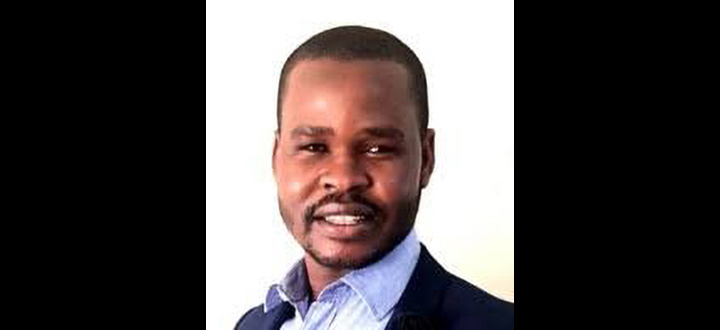 Mental health among men in the workplace needs more attention
Mental health among men in the workplace needs more attention
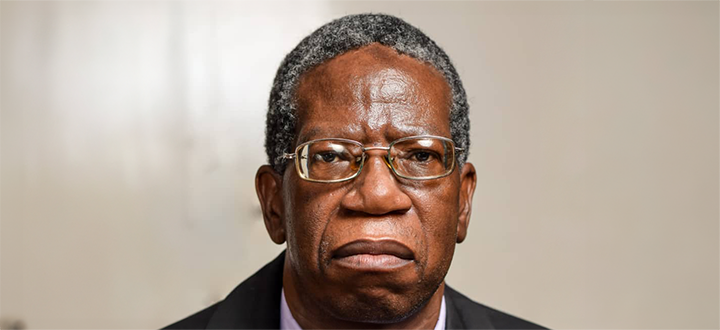 "I owe everything to Unisa and my late supervisor's priceless mentoring"
"I owe everything to Unisa and my late supervisor's priceless mentoring"
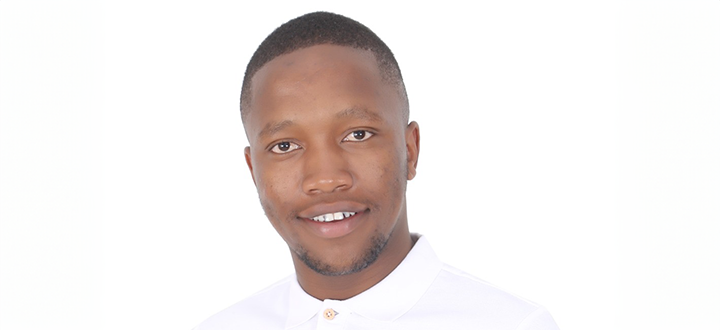 Majikijela - a queer scholar raising homosexuality awareness through his work
Majikijela - a queer scholar raising homosexuality awareness through his work